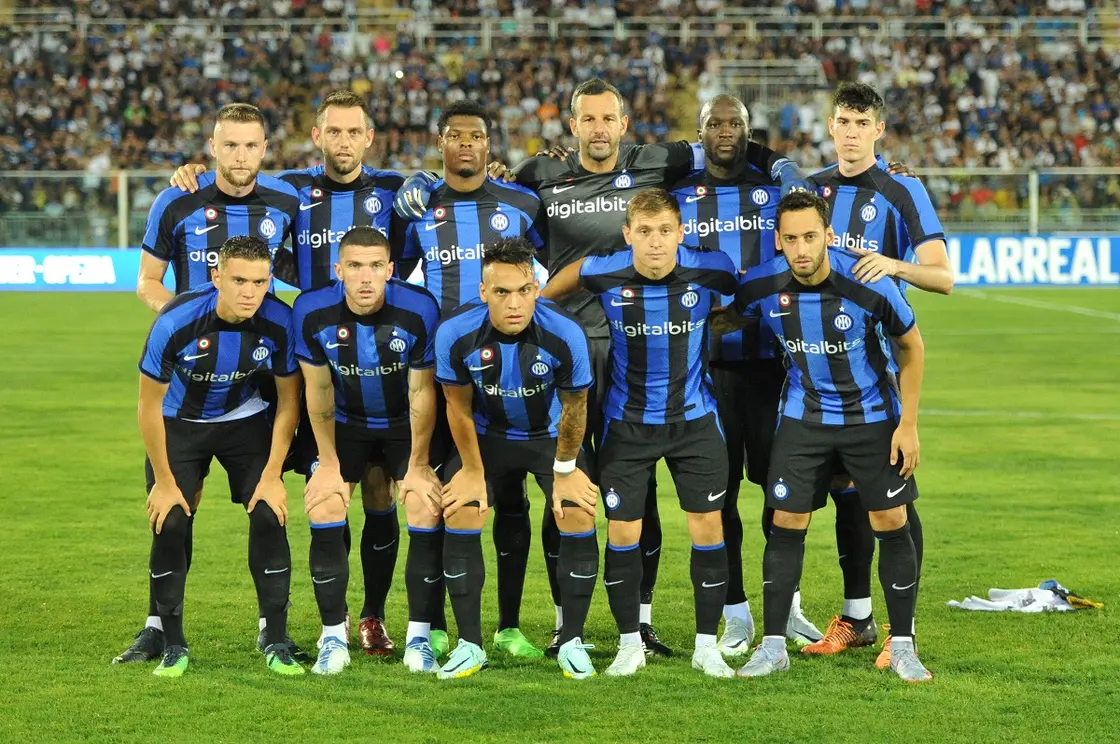Research by GVfootball forecasts crypto sponsorship in football to be worth over $200 million per annum by 2030. But why are so many crypto projects partnering up with professional football teams – particularly in the Premier League, La Liga and Serie A – and will this trend continue indefinitely?
In recent years, the world of football, revered as a symbol of passion and unity, has seen a new player entering its arena: cryptocurrencies. The marriage of these two entities is fostering a unique symbiosis that offers exciting opportunities for the sport, its fans, and the burgeoning crypto industry.
Crypto sponsorship in football has become a burgeoning trend, underscoring a paradigm shift that has permeated the sport. Football clubs, often revered as bastions of tradition, have started to embrace cryptocurrencies and blockchain technology, reflecting their commitment to innovation and adaptability.
The football industry’s recognition of cryptocurrency has its roots in the shifting financial landscape. Traditional monetary systems have been under siege by digital assets, with more people moving towards cashless transactions.
Why are football clubs accepting crypto deals?
The appeal of cryptocurrencies—decentralization, potential for high returns, and the ability to facilitate international transactions quickly and cheaply—has proven to be irresistible to football clubs.
Football clubs have sought partnerships with crypto companies to gain a share of this rapidly growing market. For instance, high-profile teams like Barcelona FC, Manchester City, and Paris Saint-Germain have partnered with various crypto platforms, signing sponsorship deals worth millions of dollars. These collaborations aim to increase the visibility of cryptocurrencies among millions of football fans worldwide, thereby propelling crypto adoption.
But the clubs are not the only beneficiaries. Cryptocurrency companies view football sponsorship as an opportunity to enter mainstream consciousness. With a global audience of over 3.5 billion football fans, these sponsorships allow crypto companies to achieve an unprecedented level of visibility and recognition. They offer a unique channel to disseminate the cryptocurrency narrative to a broad, diverse audience that transcends geographic boundaries, age brackets, and social classes.
Moreover, crypto sponsorship is also rewriting the rules of fan engagement. Blockchain-based fan tokens, offered by platforms like Socios.com, are pioneering a fan engagement revolution. These tokens, often linked with a specific club, allow fans to vote on minor club decisions, access exclusive merchandise, and participate in ‘meet-and-greet’ opportunities. By providing a tangible sense of ownership and influence, fan tokens are fostering a deeper connection between clubs and their fans.
Challenges and risks
This brave new world of crypto sponsorship in football is not without its challenges. Cryptocurrencies are volatile, and their legal status varies by jurisdiction, which can complicate sponsorship deals. Moreover, the complexity of blockchain technology and the relative unfamiliarity of cryptocurrencies among the general public pose substantial hurdles to widespread acceptance.
A report by GVfootball also warned of the risks of fans of football clubs being scammed by the sponsors – usually via an NFT drop or token pre-sale.
Despite these obstacles, the adoption of crypto sponsorships in football is not just a passing fad. Rather, it represents a significant shift in how football clubs and the sporting industry at large adapt to and embrace the digital revolution.
In essence, football is more than just a game. It is a microcosm of society and a reflection of the world’s changing financial landscape. The rise of crypto sponsorship in football underscores this dynamic interplay between tradition and innovation.
As cryptocurrencies continue to gain momentum, we can anticipate an increasingly crypto-savvy fan base and more football clubs capitalizing on this trend. The fusion of football and crypto is not just a match played on the pitch; it’s a game-changer for the industry.

